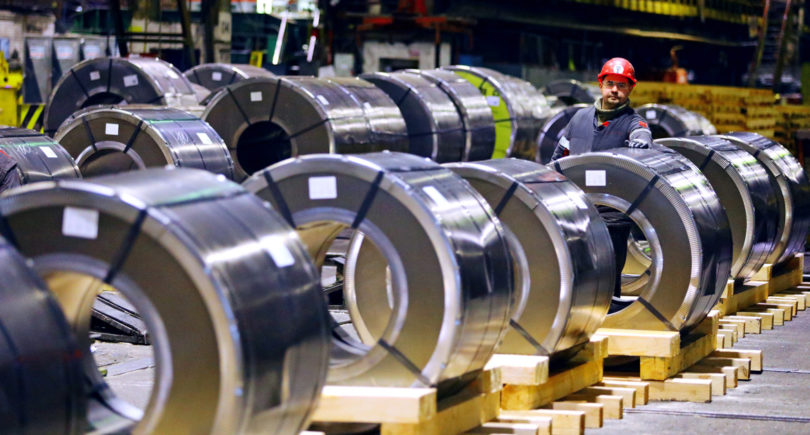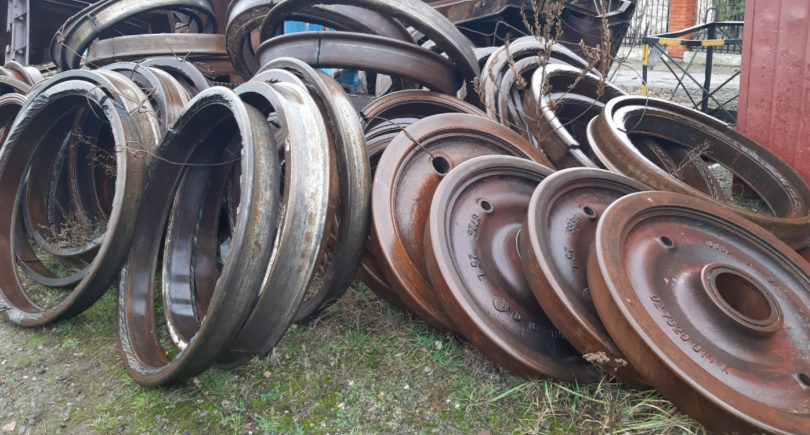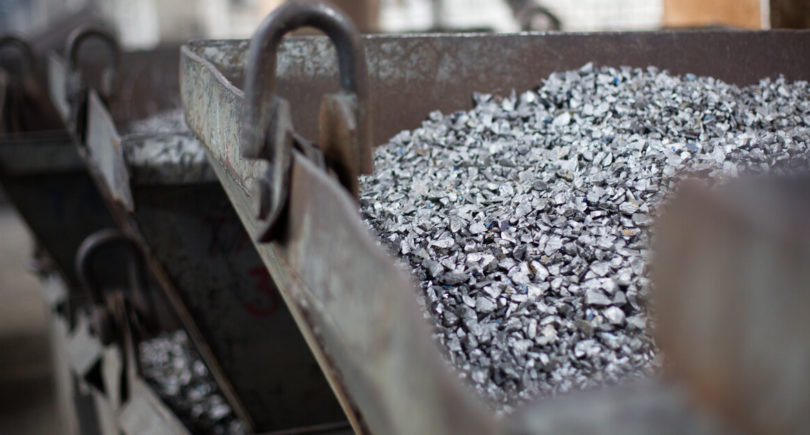
Experts warn of negative consequences for the economy and propose changes to the draft law
On December 4, 2024, the Verkhovna Rada Committee on Environmental Policy and Nature Management discussed Draft Law No. 12188, which regulates waste management in the extractive industry. The European Business Association (EBA) welcomed the intensification of work on this legislative initiative, but emphasized a number of problems that need to be addressed.
Experts draw attention to a possible double fiscal burden. According to the draft law, extractive industry companies will pay a tax for waste disposal and at the same time provide financial support for their utilization. This will lead to an increase in production costs, a possible increase in tariffs for the population, and the risk of production stoppages due to unprofitability.
The business community emphasizes the need to return to the norm that provides for the introduction of financial security only after the abolition of the tax on waste disposal in the Tax Code. This approach will avoid negative impact on national producers and stimulate sustainable development of the industry.
Among other problems of the draft law, the EBA highlights duplication of reporting, which creates an additional bureaucratic burden on operators. All the necessary information is already contained in waste declarations, so the association proposes to remove the new requirement. They also note that fines do not correspond to the nature of the violations: the amounts of UAH 160-480 thousand for late submission of reports are excessive, and their doubling in case of repeated violations seems unreasonable.
In addition, experts draw attention to the imperfection of terminology. For example, the unclear interpretation of concepts related to waste management in oil and gas production may complicate their processing due to the lack of specialized institutions. In addition, new stages of consultations on transboundary impacts are envisaged, which repeat the existing environmental impact assessment procedures, which requires their revision.
The EBA called on the committee to finalize the draft law, taking into account business proposals, in order to avoid negative consequences for the extractive industry and the economy as a whole. Experts emphasized that improving the document will reduce environmental impact and promote sustainable development.
As GMK Center reported earlier, the draft law No. 12188 is aimed at regulating waste from the extractive industry in accordance with European standards. It provides for new requirements for recycling, financial support for operators’ liability, enhanced reporting and fines. The document is causing debate due to the risks of increased costs and bureaucracy.




